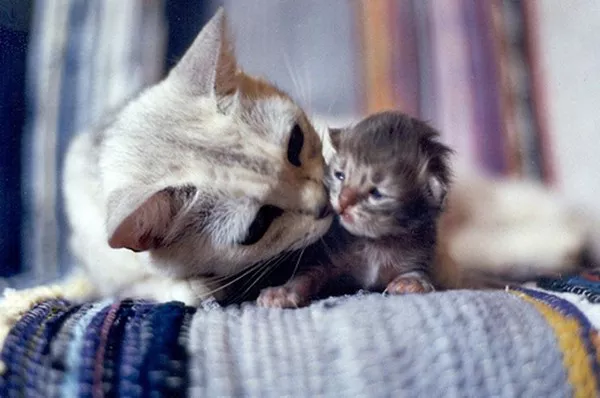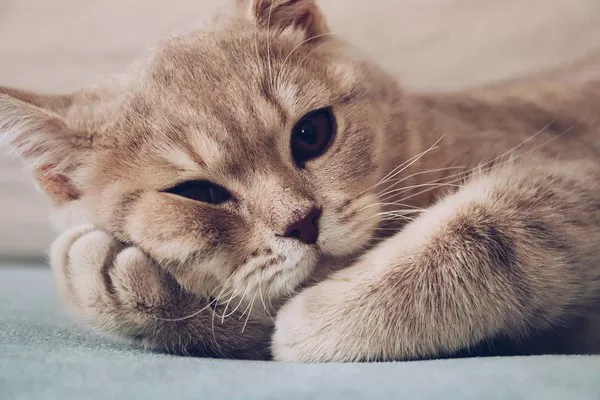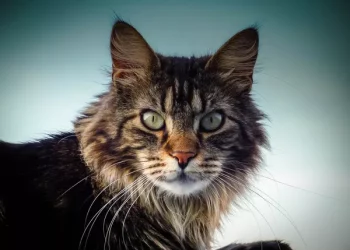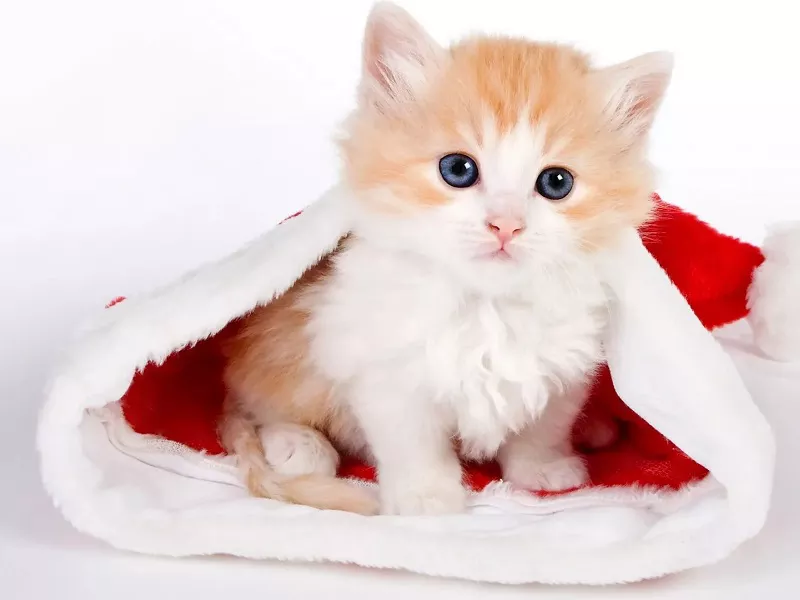Welcoming a new kitten into your home can be an exciting and rewarding experience. However, when your 2-week-old kitten is not pooping, it can be a cause for concern. Proper bowel movements are essential for a kitten’s overall health and well-being. This article aims to delve into the potential reasons why your 2-week-old kitten may be experiencing difficulty or delays in bowel movements, shedding light on possible causes and offering guidance on how to address the issue.
-
Neonatal Period and Digestive System Development
During the first few weeks of life, kittens are in the neonatal period, characterized by rapid growth and development. Their digestive system is still maturing, and bowel movements may not occur as frequently or regularly as in older cats. It is important to understand that the frequency of bowel movements in young kittens can vary, and some variations are considered normal.
-
Lack of Stimulation for Defecation
In the early stages of life, kittens rely on their mother’s care for stimulation of bowel movements. The mother cat typically licks the kitten’s perineal region to stimulate defecation and urination. If the mother is absent or unable to perform this vital function, the kittens may struggle to initiate bowel movements on their own. In such cases, it becomes necessary for the caretaker to provide manual stimulation using a warm, damp cloth or cotton ball.
-
Inadequate Feeding or Incorrect Formula
Proper nutrition plays a crucial role in a kitten’s digestive health. If the kitten is not receiving adequate milk or is not being fed frequently enough, it can lead to constipation or infrequent bowel movements. Additionally, using an incorrect or inappropriate formula can disrupt the digestive process, causing gastrointestinal issues and constipation. It is essential to consult a veterinarian for guidance on proper feeding schedules and suitable kitten formulas.
-
Dehydration
Dehydration can significantly impact a kitten’s bowel movements. Insufficient fluid intake, whether due to inadequate nursing or environmental factors, can lead to dry and hard stool, making defecation difficult for the kitten. Ensuring access to clean and fresh water, as well as monitoring the kitten’s hydration levels, is crucial for maintaining regular bowel movements.
-
Intestinal Obstruction or Blockage
Although rare in such young kittens, intestinal obstructions or blockages can occur and prevent normal bowel movements. This can be caused by foreign objects ingested accidentally, hairballs, or congenital abnormalities. If you suspect an obstruction, it is crucial to seek immediate veterinary attention to prevent further complications.
-
Gastrointestinal Issues and Infections
Gastrointestinal issues, such as infections or parasites, can interfere with a kitten’s digestive function and cause constipation or irregular bowel movements. Conditions like gastroenteritis, intestinal parasites, or bacterial infections can lead to discomfort and disrupt normal bowel motility. A thorough examination and appropriate diagnostic tests conducted by a veterinarian can help identify and address these underlying issues.
- Environmental Stress or Changes
Stress or changes in the kitten’s environment can impact their digestive system. Relocation to a new home, exposure to unfamiliar surroundings, or disruptions in their routine can contribute to constipation or irregular bowel movements. Providing a safe, calm, and consistent environment for the kitten can help alleviate stress and promote normal bowel function.
-
Congenital Anomalies
In some cases, kittens may be born with congenital abnormalities that affect their gastrointestinal system. These abnormalities can impede normal bowel movements and require veterinary intervention for diagnosis and treatment.
Conclusion
When a 2-week-old kitten is not pooping, it is essential to identify the underlying cause and take appropriate action. Factors such as the neonatal period, lack of stimulation, inadequate feeding, dehydration, intestinal obstructions, gastrointestinal issues, environmental stress, and congenital anomalies can all contribute to bowel movement difficulties in young kittens. Seeking veterinary guidance and care is crucial for proper diagnosis and treatment. With timely intervention and attentive care, most kittens can overcome constipation or irregular bowel movements and thrive in their new home.
Recommended reading:

























